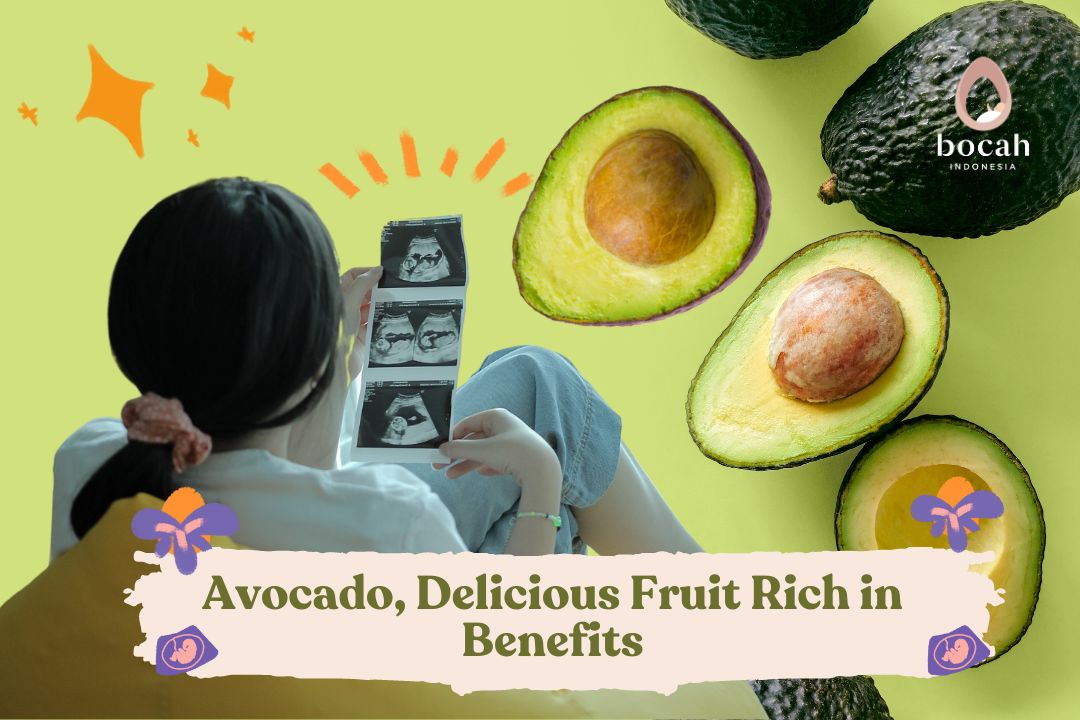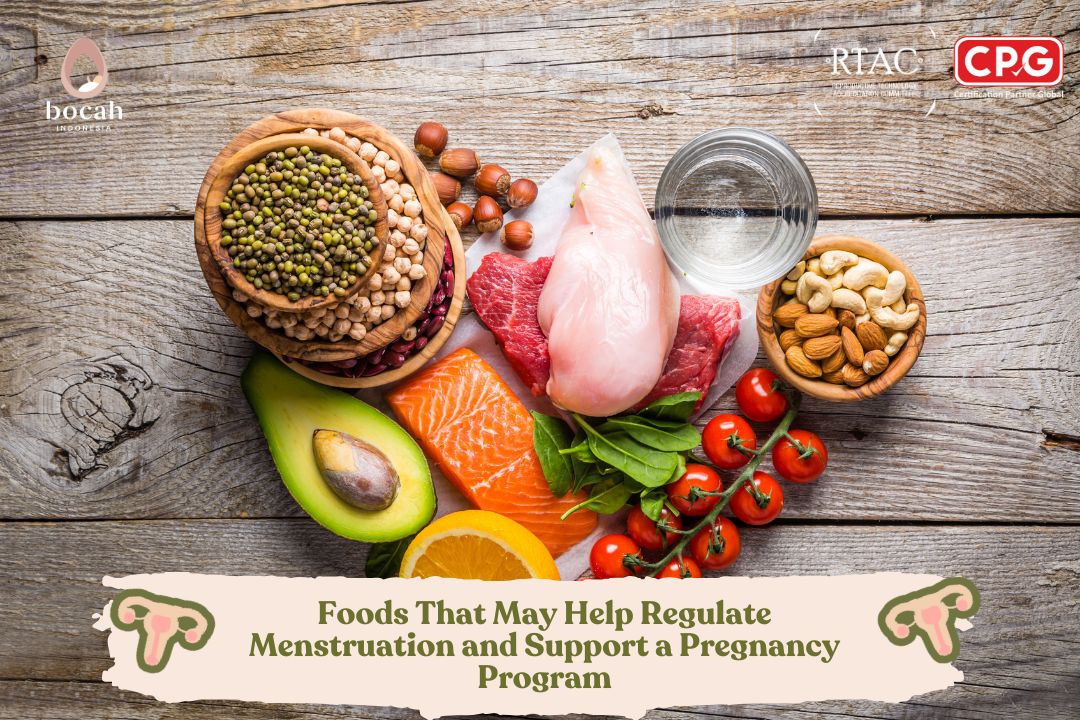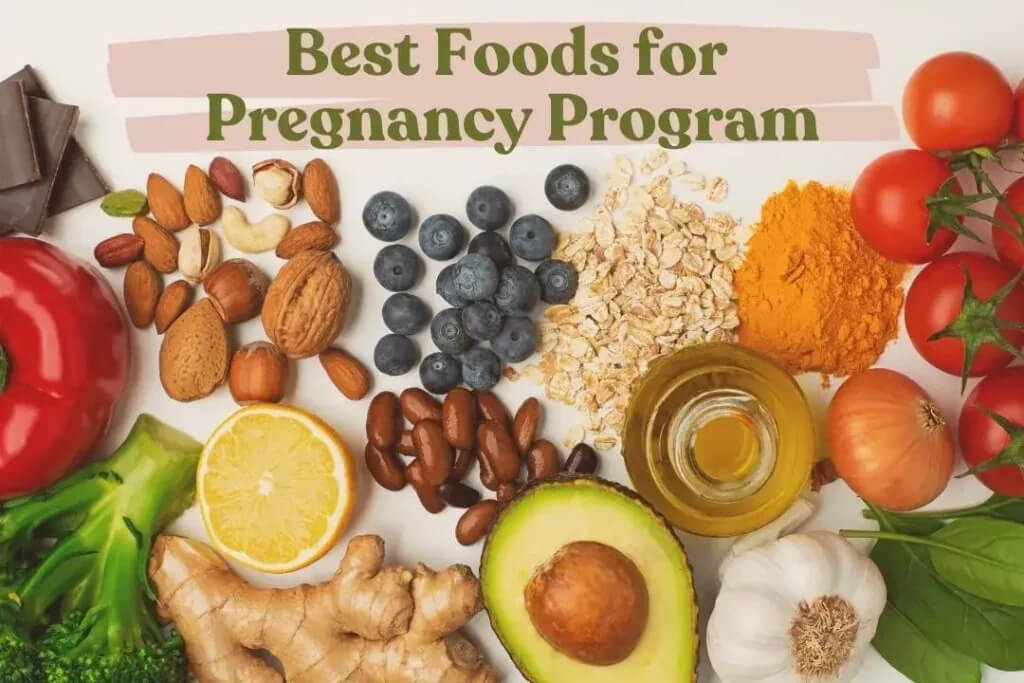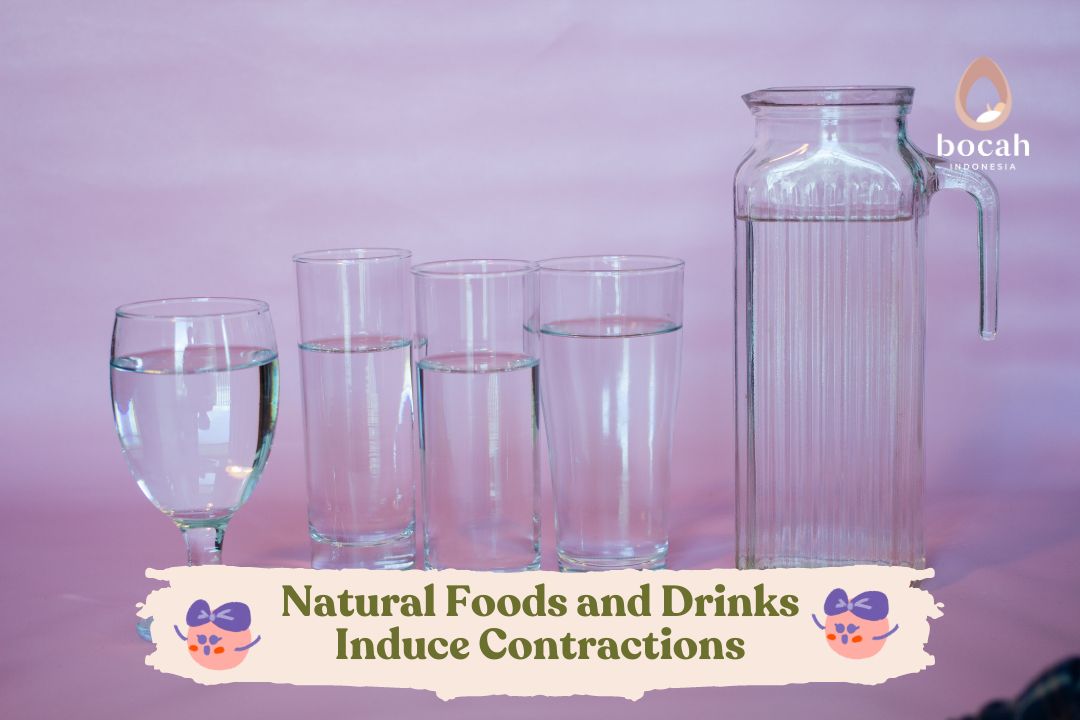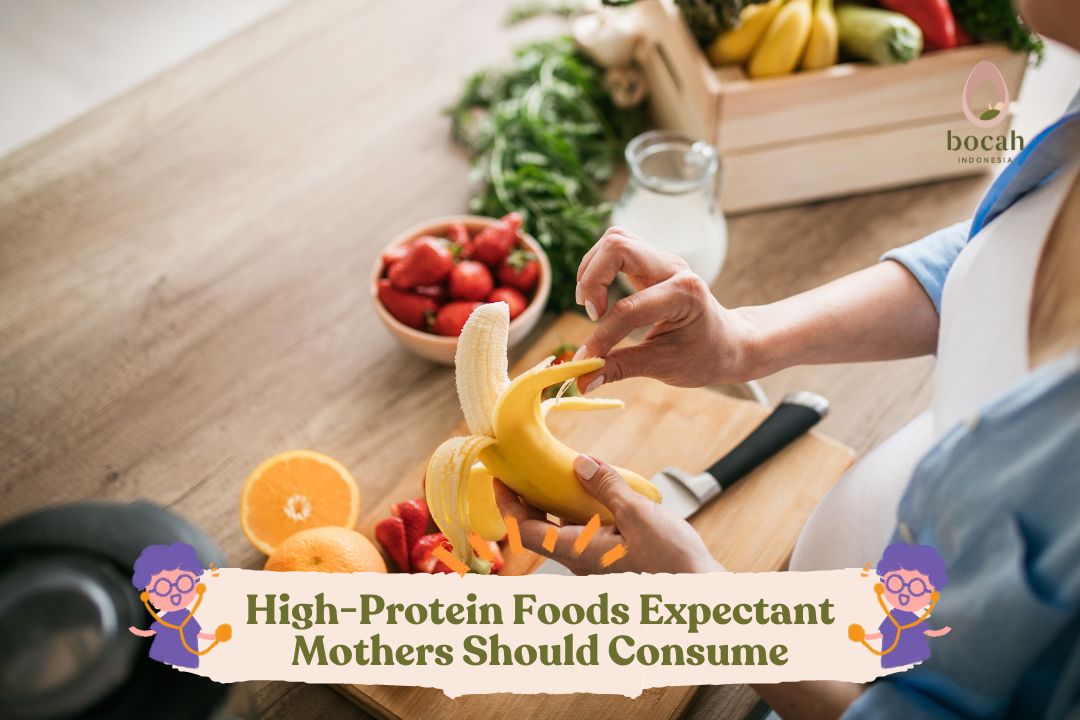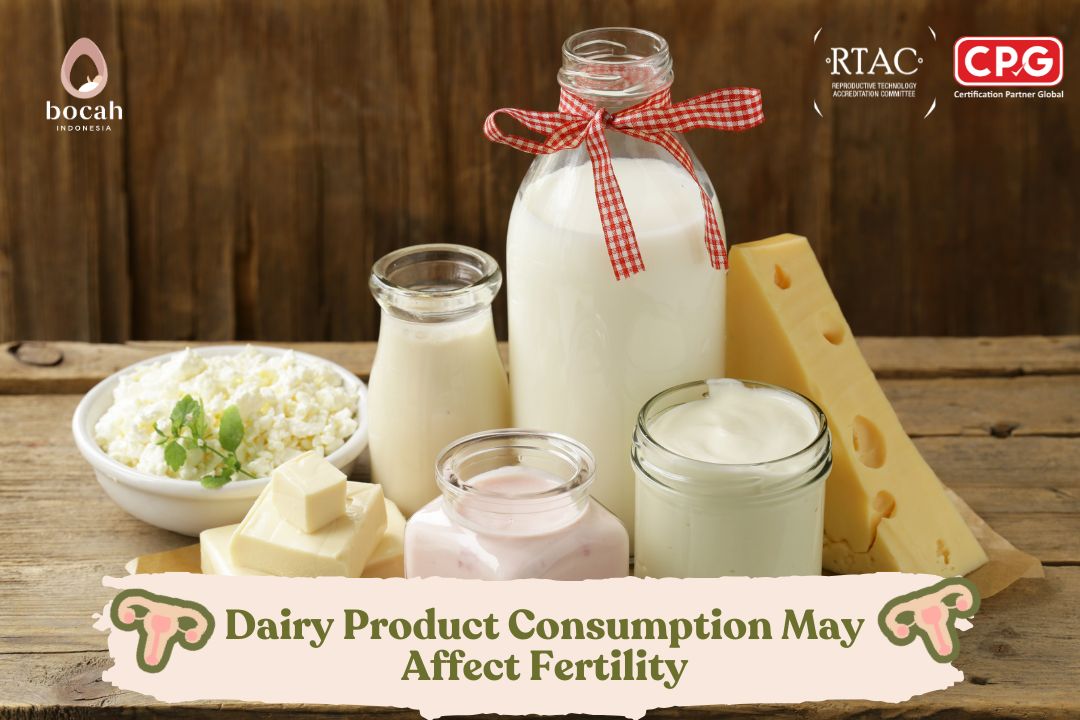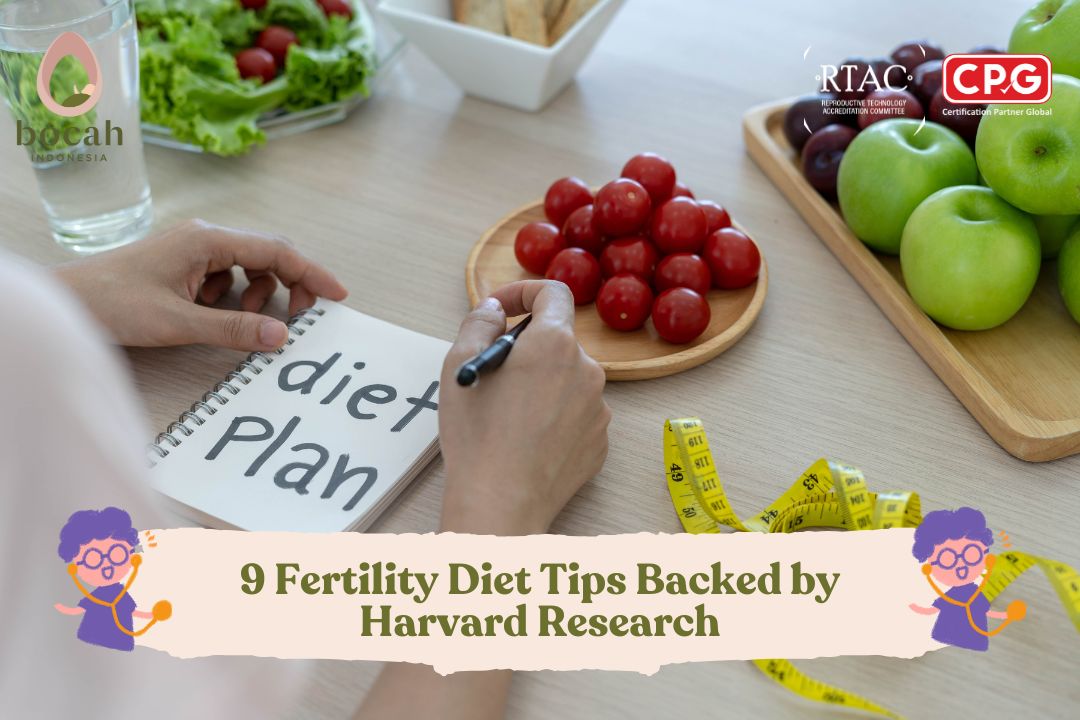Successful Pregnancy Program Thanks to Omega-3 Rich Foods
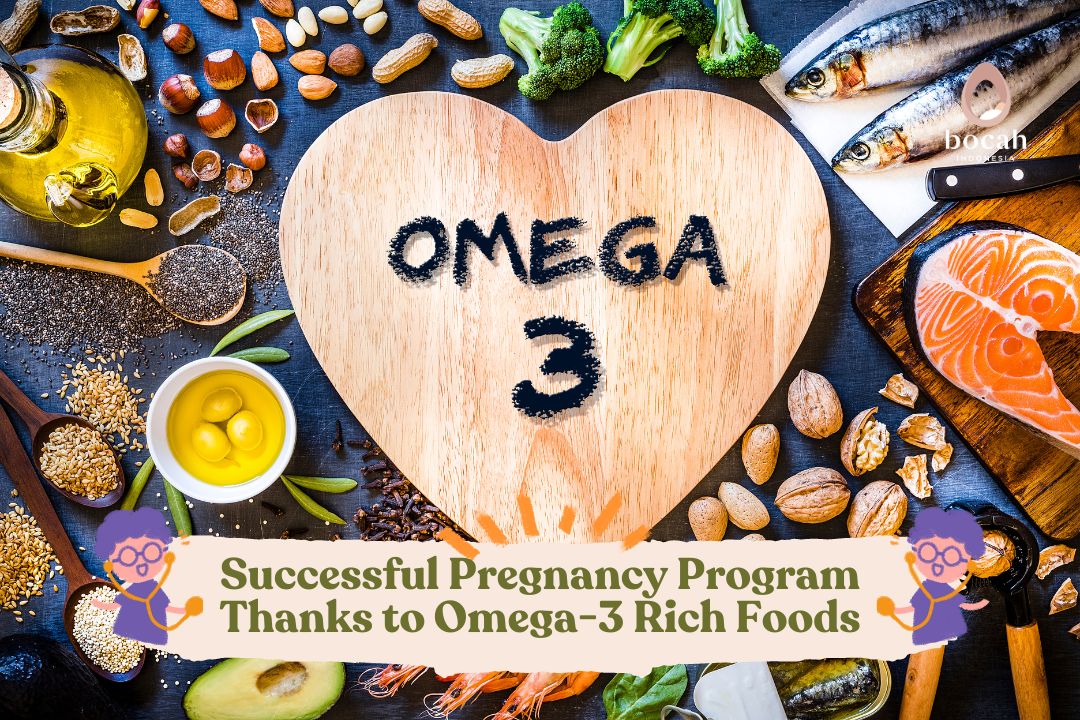
To naturally boost fertility, parents can consume foods rich in omega-3. Find out more here.
If you are trying to conceive, you will undoubtedly look for ways to enhance fertility. One effective method is by consuming foods high in omega-3 fatty acids.
Omega-3 fatty acids have been proven to have numerous benefits that can potentially enhance fertility and support the success of a pregnancy program. So, what are the benefits of omega-3 for fertility, and what types of foods contain it? Read the following review.
Benefits of Omega-3 for Fertility
One of the primary benefits of omega-3 fatty acids is their ability to improve the quality of eggs in mothers. High-quality eggs are more likely to be fertilized by sperm, increasing the chances of pregnancy for parents.
Additionally, omega-3 fatty acids can help improve the balance of reproductive hormones, which is crucial for a healthy menstrual cycle and regular ovulation.
Tanya Mincah tentang Promil?
For fathers, omega-3 fatty acids also play a significant role in improving sperm quality. Healthy and strong sperm have a better chance of fertilizing an egg, which is a crucial step in the conception process.
A study from the University of Illinois in the United States shows that omega-3 fatty acids can aid in the maturation process of sperm cells. Mature sperm have a higher likelihood of successfully fertilizing an egg.
Moreover, omega-3 fatty acids can help reduce inflammation in the body, which can affect fertility in both mothers and fathers. Excessive inflammation can disrupt the function of the reproductive system and reduce the body’s ability to maintain a pregnancy.
Omega-3 Rich Foods for Fertility
Here are some omega-3 rich foods that can help support fertility:
1. Fatty Fish
Parents can consume fatty fish such as salmon, sardines, trout, and tuna, which are primary sources of omega-3 EPA (Eicosapentaenoic Acid) and DHA (Docosahexaenoic Acid). These fatty acids have been shown to improve fertility in both men and women by affecting the quality of sperm and eggs.
2. Nuts and Seeds
Walnuts, almonds, chia seeds, flaxseeds, and hemp seeds are sources of omega-3 in the form of ALA (alpha-linolenic acid). Although the body needs to convert ALA into EPA and DHA, ALA intake can positively contribute to hormone balance and reproductive health.
3. Fish Oil
Fish oil is a concentrated source of EPA and DHA. Fish oil supplements are often recommended for couples experiencing fertility issues. Make sure to consume them according to the recommended dosage.
4. Eggs
One of the easily found foods at home that is high in omega-3 is eggs. Omega-3 enriched eggs are also a good source for improving fertility in both mothers and fathers.
5. Leafy Green Vegetables
Consuming vegetables such as spinach and kale can also meet the daily omega-3 needs of parents. Leafy green vegetables contain ALA, which can help in hormone production and overall reproductive health.
Omega-3 Dosage for Fathers and Mothers
The omega-3 dosage needed to promote fertility in fathers and mothers can vary depending on factors such as health conditions, diet, and specific needs. However, here are some general guidelines to consider:
For Fathers:
- EPA and DHA Intake: It is recommended to consume about 250-500 mg of combined EPA and DHA daily to maintain sperm health and improve sperm quality.
- Supplements: If the diet is insufficient, fathers may consider taking fish oil supplements containing EPA and DHA in the doses recommended by a doctor or nutritionist.
For Mothers:
- EPA and DHA Intake: During pregnancy preparation, mothers who are trying to conceive are advised to consume about 200-300 mg of DHA daily to support fetal development, especially brain and eye development.
- Supplements: If omega-3 intake from food is insufficient, mothers may consider taking supplements containing DHA according to the doctor’s recommendations.
It is important to note that these are just general guidelines, and individual needs may vary. It is best to consult with a doctor or nutritionist to determine the correct omega-3 dosage based on specific health conditions and needs. Additionally, ensuring that omega-3 intake is balanced with other nutrients is also crucial for supporting overall fertility and health.
Including omega-3 rich foods in a balanced diet can help support fertility health for both fathers and mothers. However, it is important to remember that fertility factors can be very complex, and diet is just one of many influencing factors.
For parents who are trying to conceive, consulting with an obstetrician for more accurate advice is recommended. Find information about pregnancy programs or IVF programs on the Bocah Indonesia website.
This article has been medically reviewed by Dr. Chitra Fatimah.
Source:
- Coletta, Jaclyn M, et al. (2010). Omega-3 Fatty Acids and Pregnancy. Rev Obstet Gynecol. 2010 Fall; 3(4): 163–171. https://www.ncbi.nlm.nih.gov/pmc/articles/PMC3046737/
- News Medical Life Science. (2024). Pregnant women’s fish and omega-3 supplement intake falls short, study finds
- Cleveland Clinic (2019). Omega-3 Fatty Acids.
- Freydis, H. Healthline (2019). 12 Foods That Are Very High in Omega-3.


